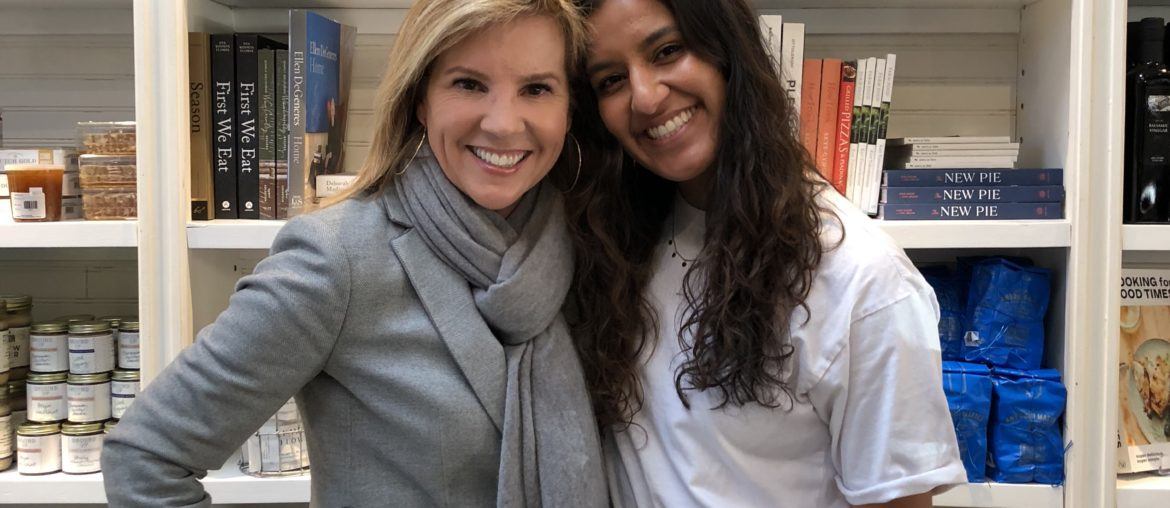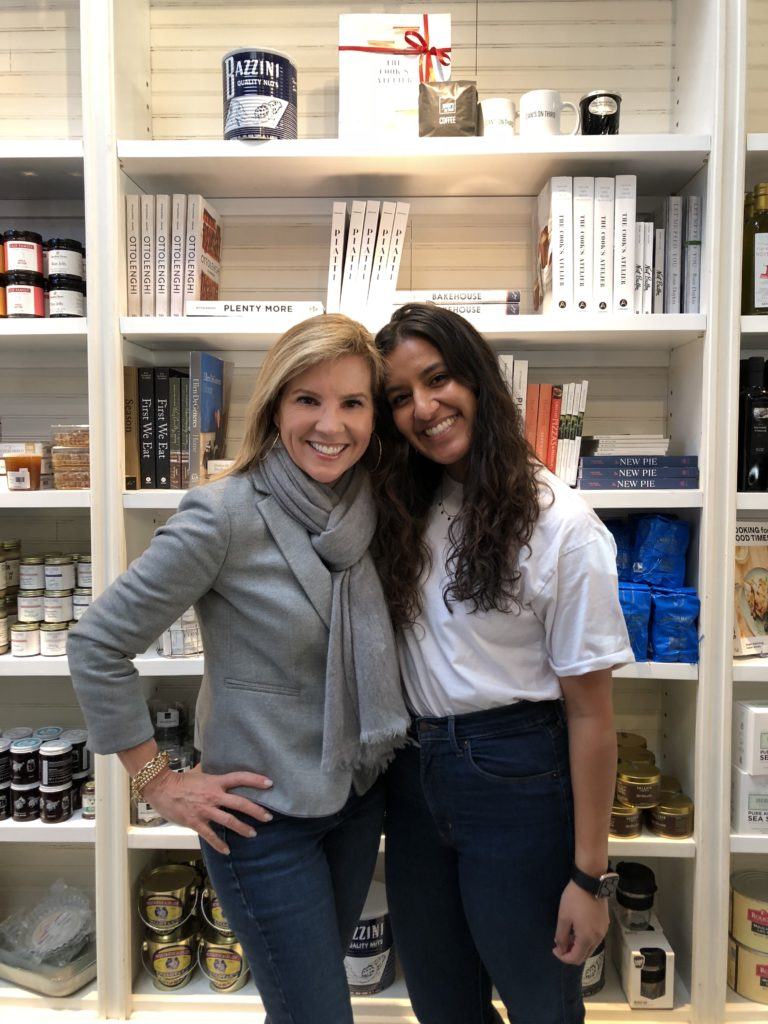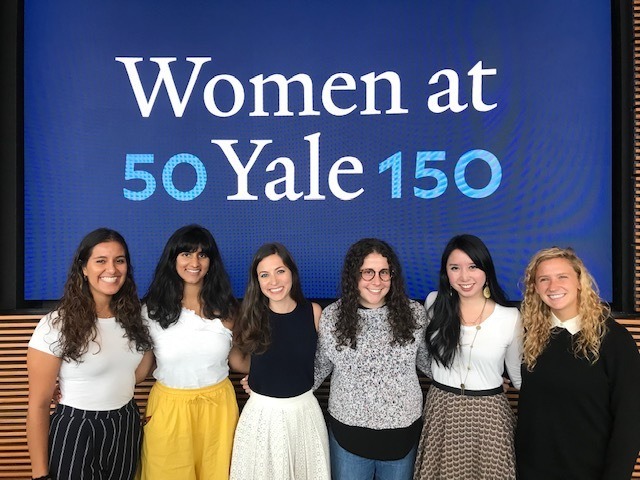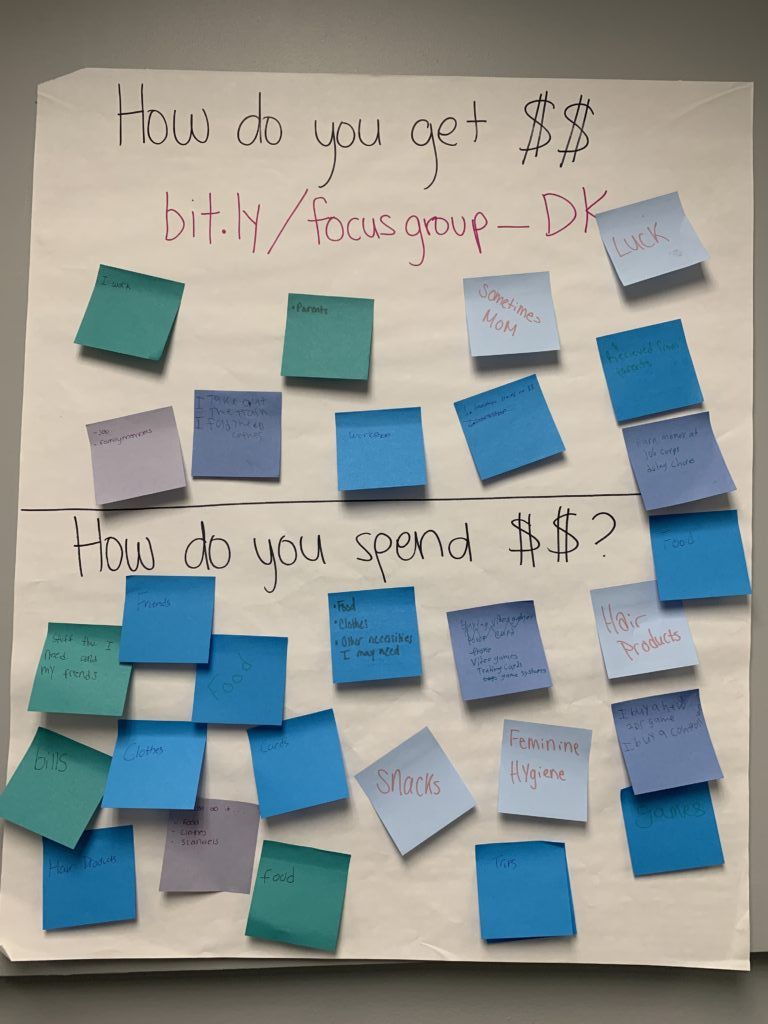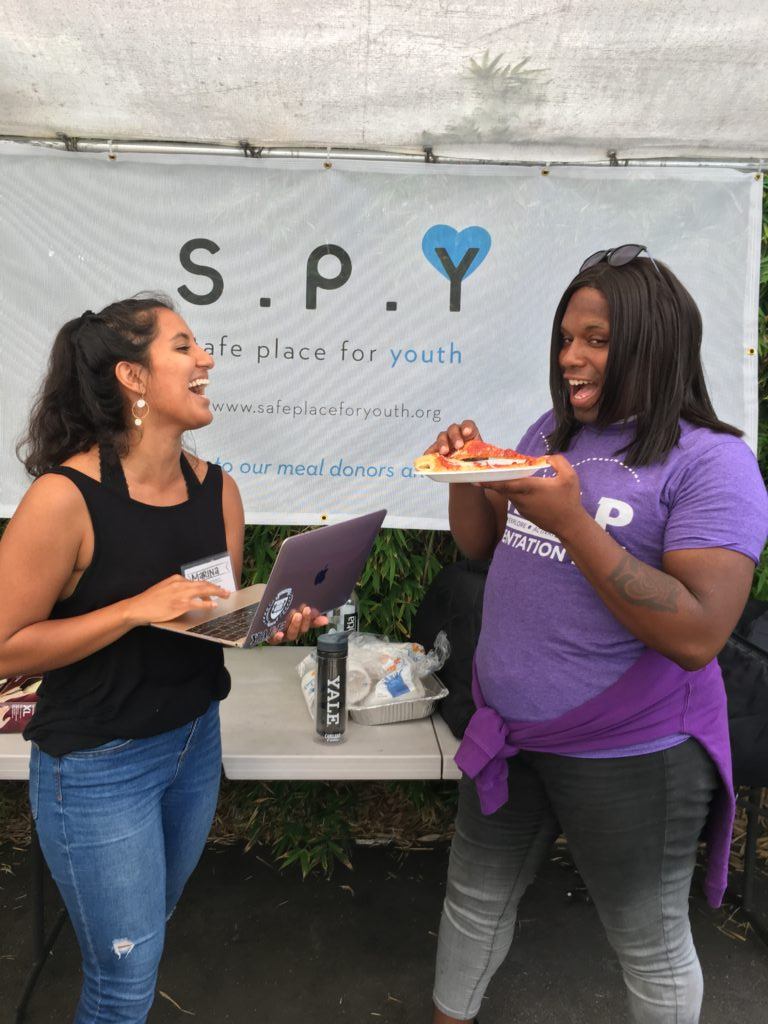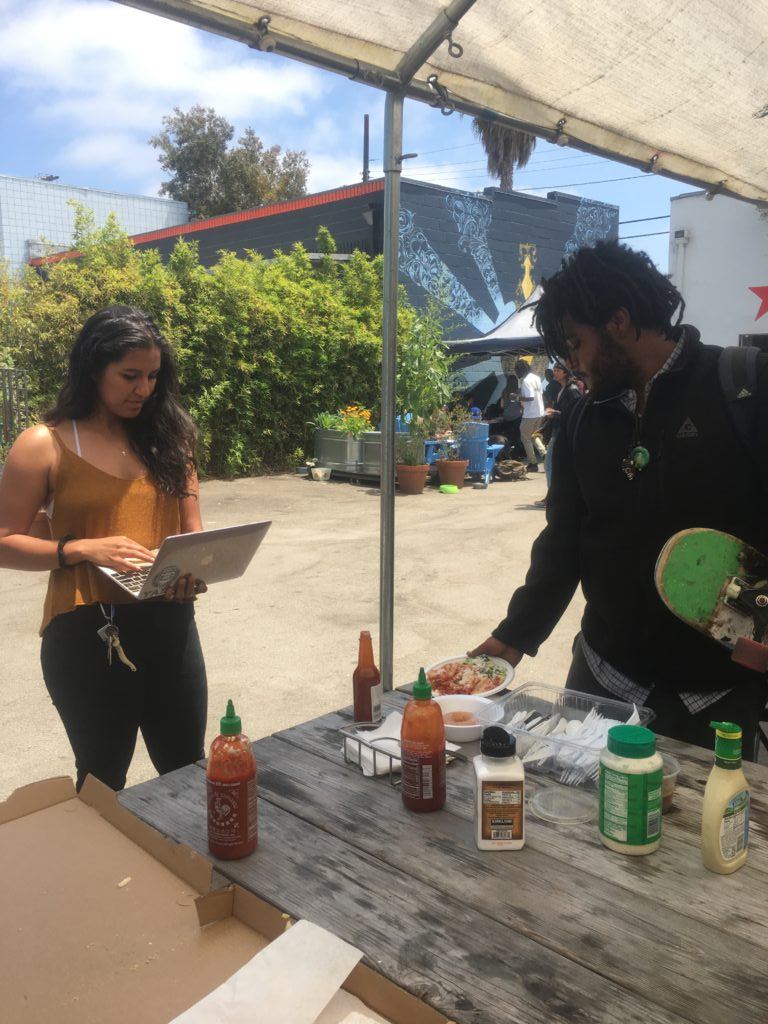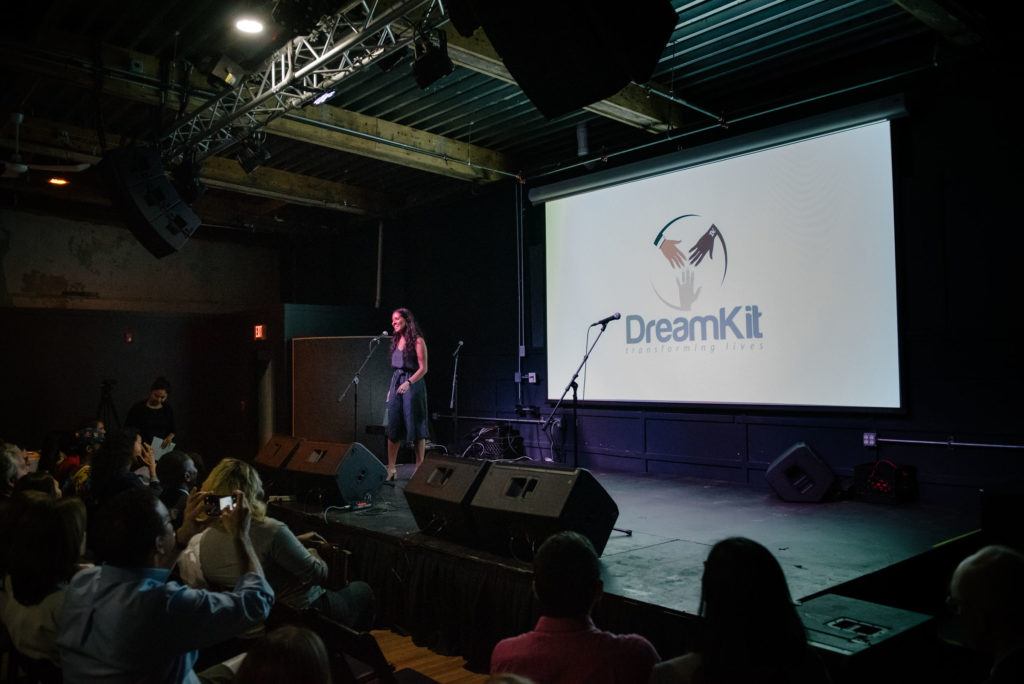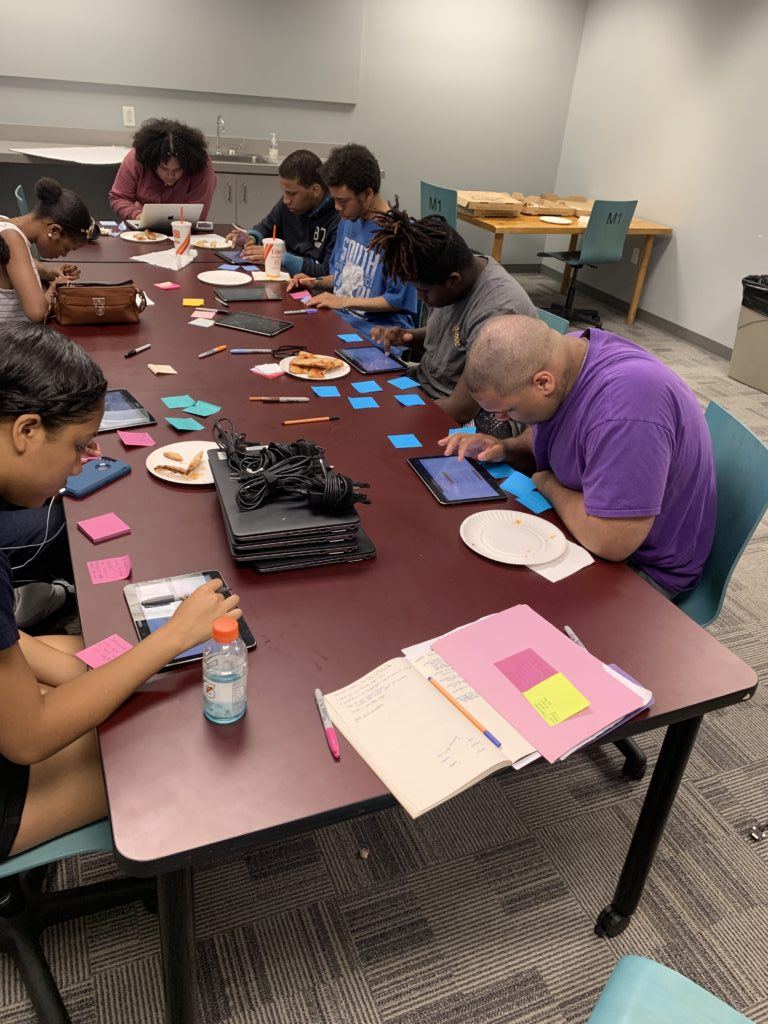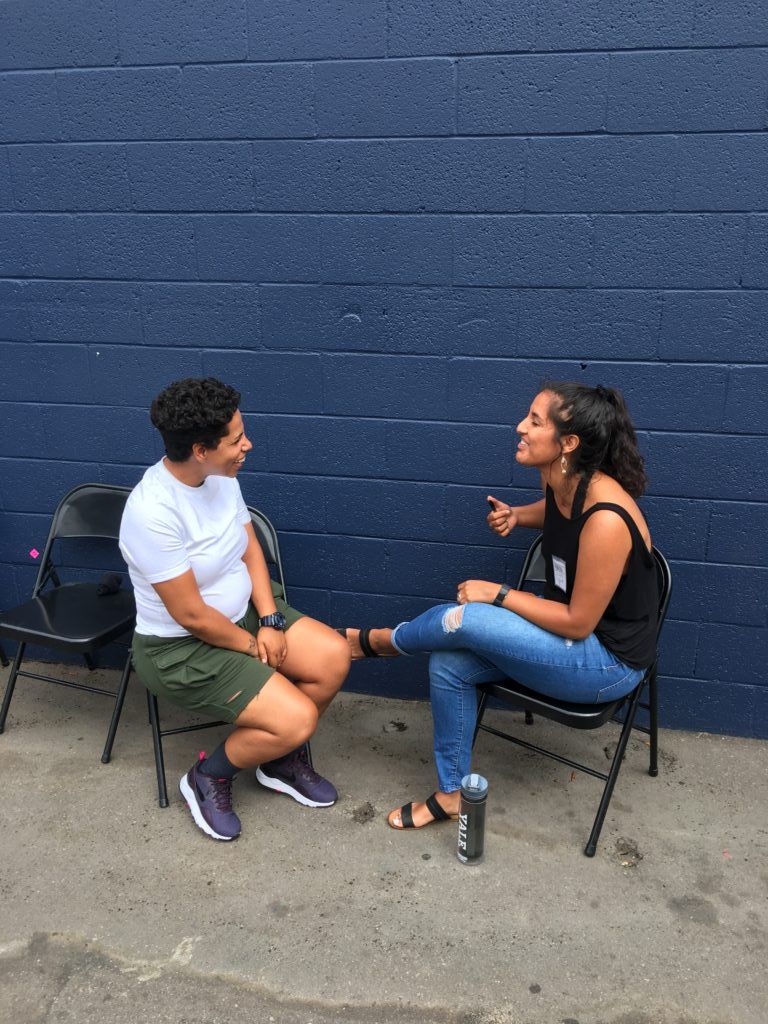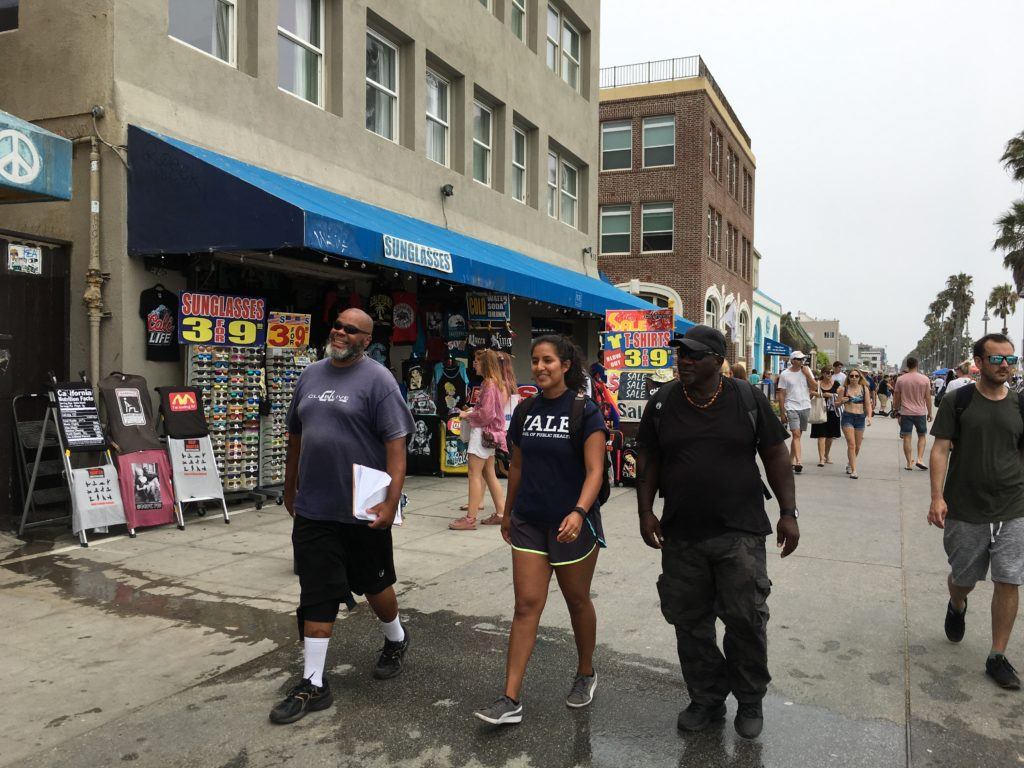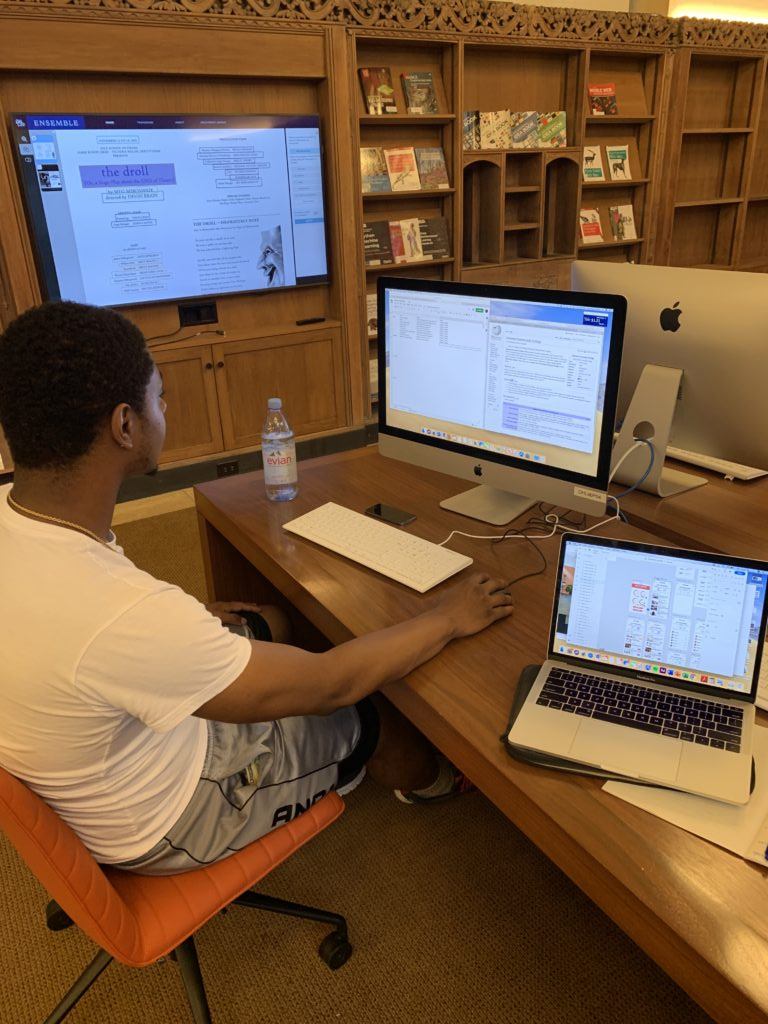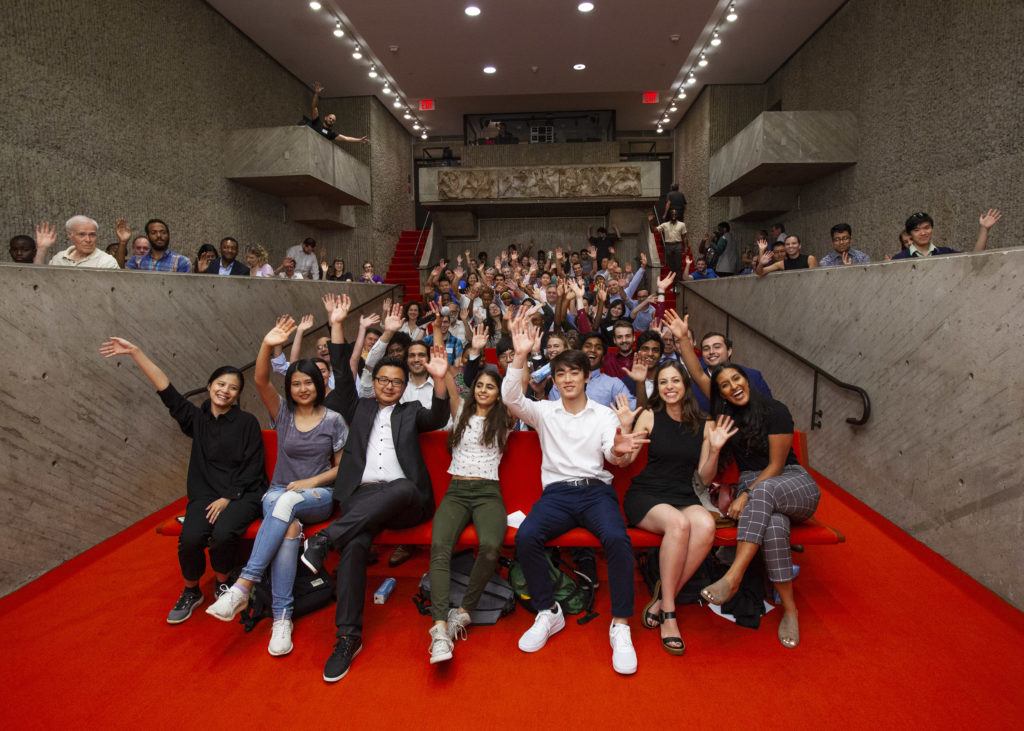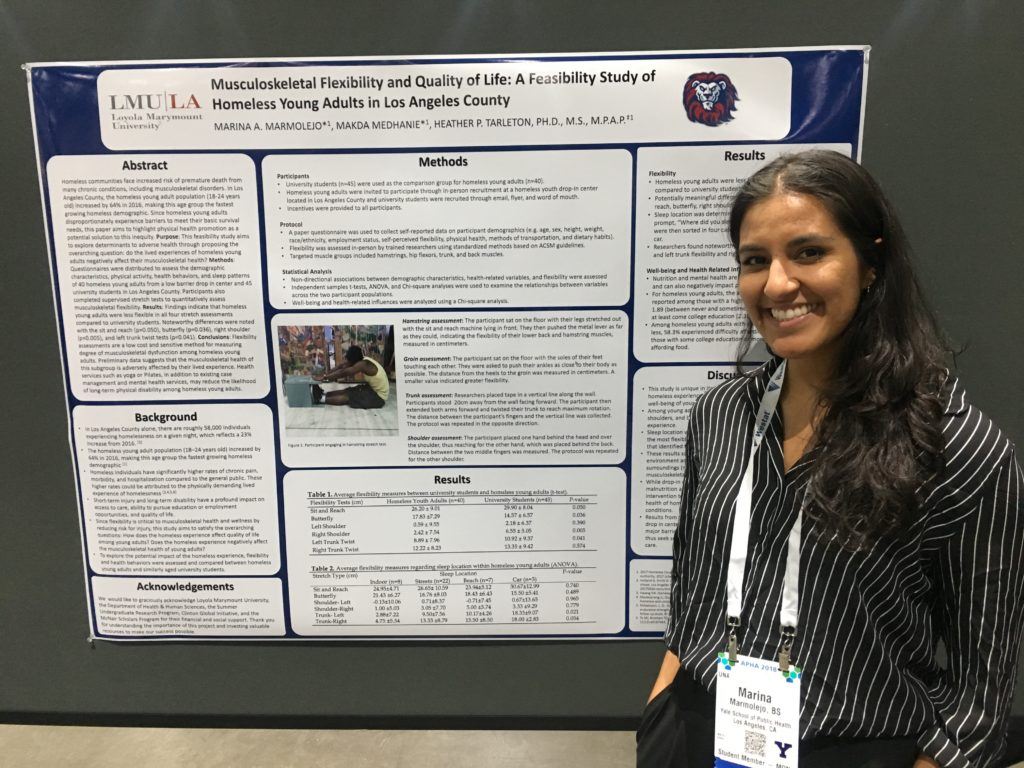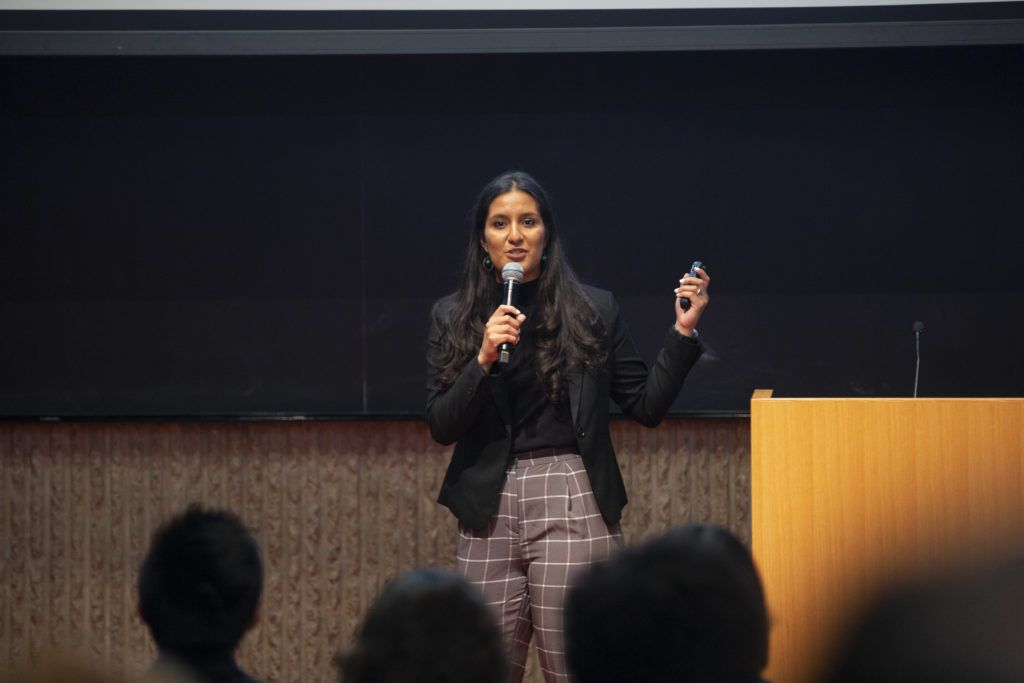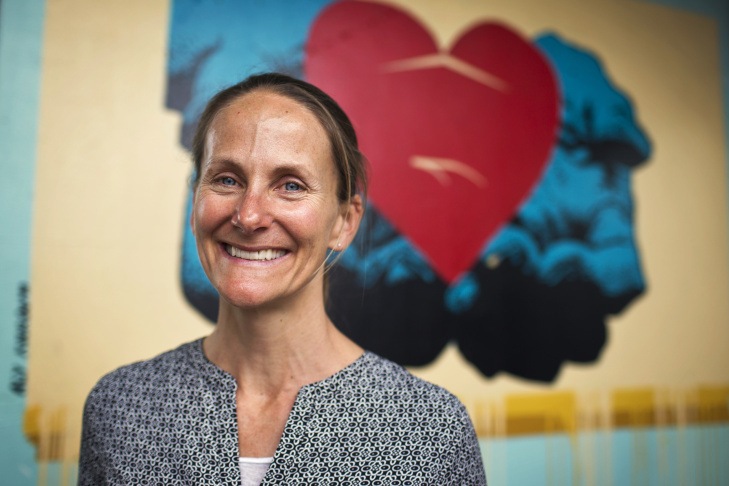
So often in my life, multiple people point me in a singular direction and if I pay close enough attention I get the clue. A girlfriend of mine has been telling me about My Friend’s Place, a youth homeless organization, for years. A girl I work out with at the gym and her husband are very involved and have mentioned My Friend’s Place to me a number of times. Then over the holidays, I met a board member from My Friend’s Place who introduced me recently to the lovely Executive Director, Heather Carmichael. We finally connected and I am so thrilled we did. Heather’s insight and perspective on what is happening to these young people who are experiencing homelessness was so insightful and inspiring. I hope you enjoy our conversation as much as I did.
Charity Matters: Tell us a little about what My Friend’s Place does?
Heather Carmichael: My Friend’s Place is a 32-year-old organization that is a change maker in young people’s lives who are in the throes of experiencing homelessness. We are about creating a connection so that young people might begin to trust this community of support. We are a safe place to be in their crisis and a place that can help them stay connected to themselves, who they are and who they want to be in their future.
We want them to see that their current situation is hopefully circumstantial and that when their homelessness comes to an end that they are still who they are and want to be. If these young people can survive the trauma, make meaning and find opportunity then what they can contribute to our community is profound.
We try to help these young people to craft a whole identity. Developmentally, at 18 they have little or no training, minimum wage jobs do not resolve their problems. Living on the streets can be a very hostile experience trying to navigate life at age 18, 20, or 24. We do everything that a family or a friend would do to support someone at that age to find their way.
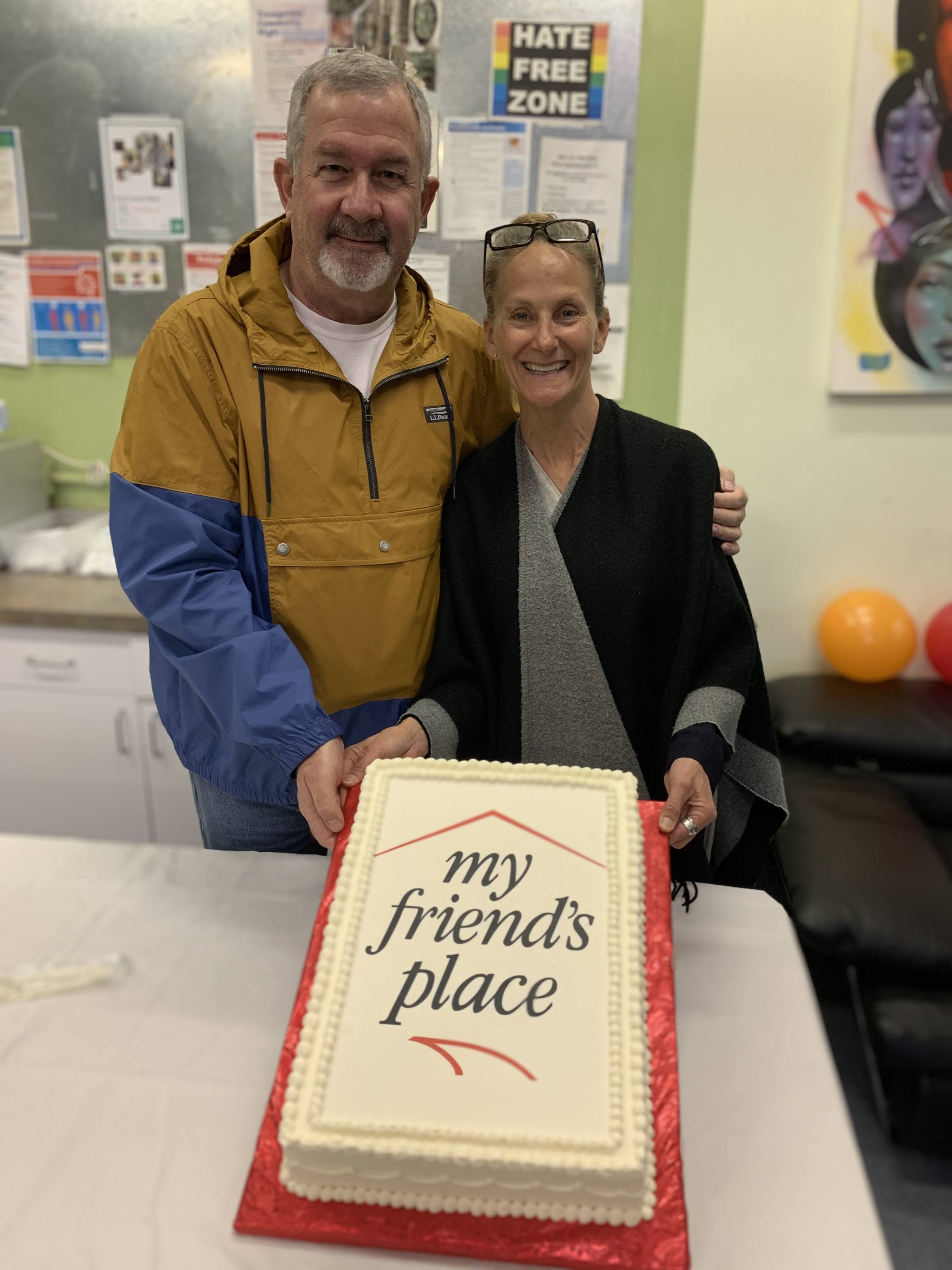
Charity Matters: Tell us about how My Friend’s Place started?
Heather Carmichael: In 1988 Steve LePore and Craig Scholz saw a rise in youth homelessness in Hollywood. The draw of Hollywood and the entertainment business has always made Hollywood a lure for many. In the mid-1980s Steve and Craig started to address the issue with a very grassroots organization originally called The Lighthouse.
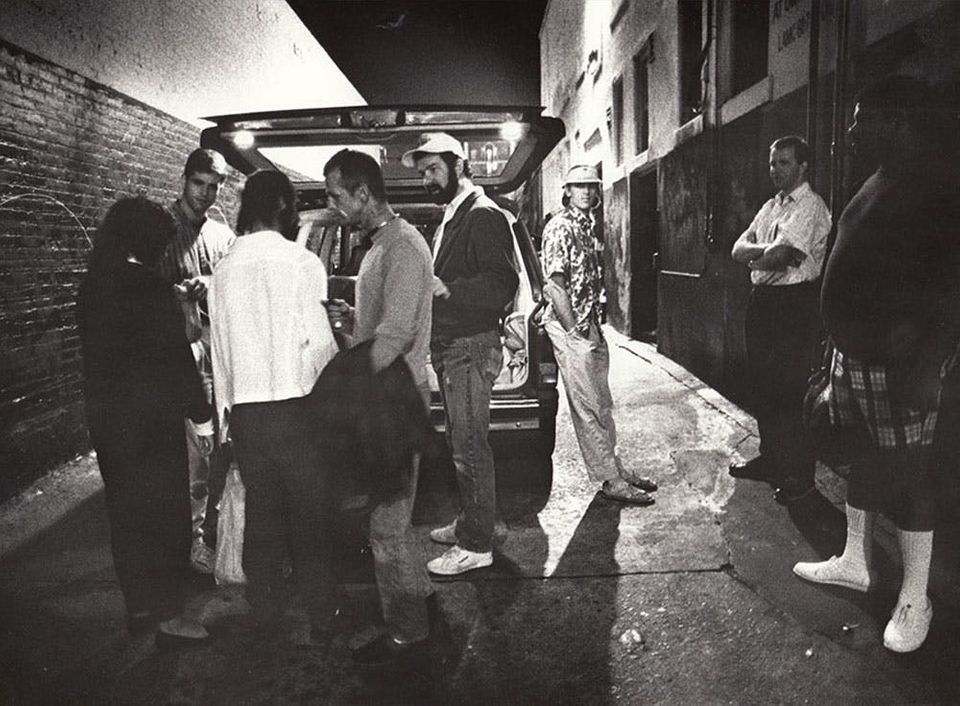
They were scrappy opening up the back of their trunk to give kids something to eat, someone to relate to and listen to them and then eventually a place to stay. Hunger was one of the main issues then. Today we have taken the work that they began and expanded to a staff of thirty that provides legal aid, mental health, a host of outreach programs to create a one-stop community center.
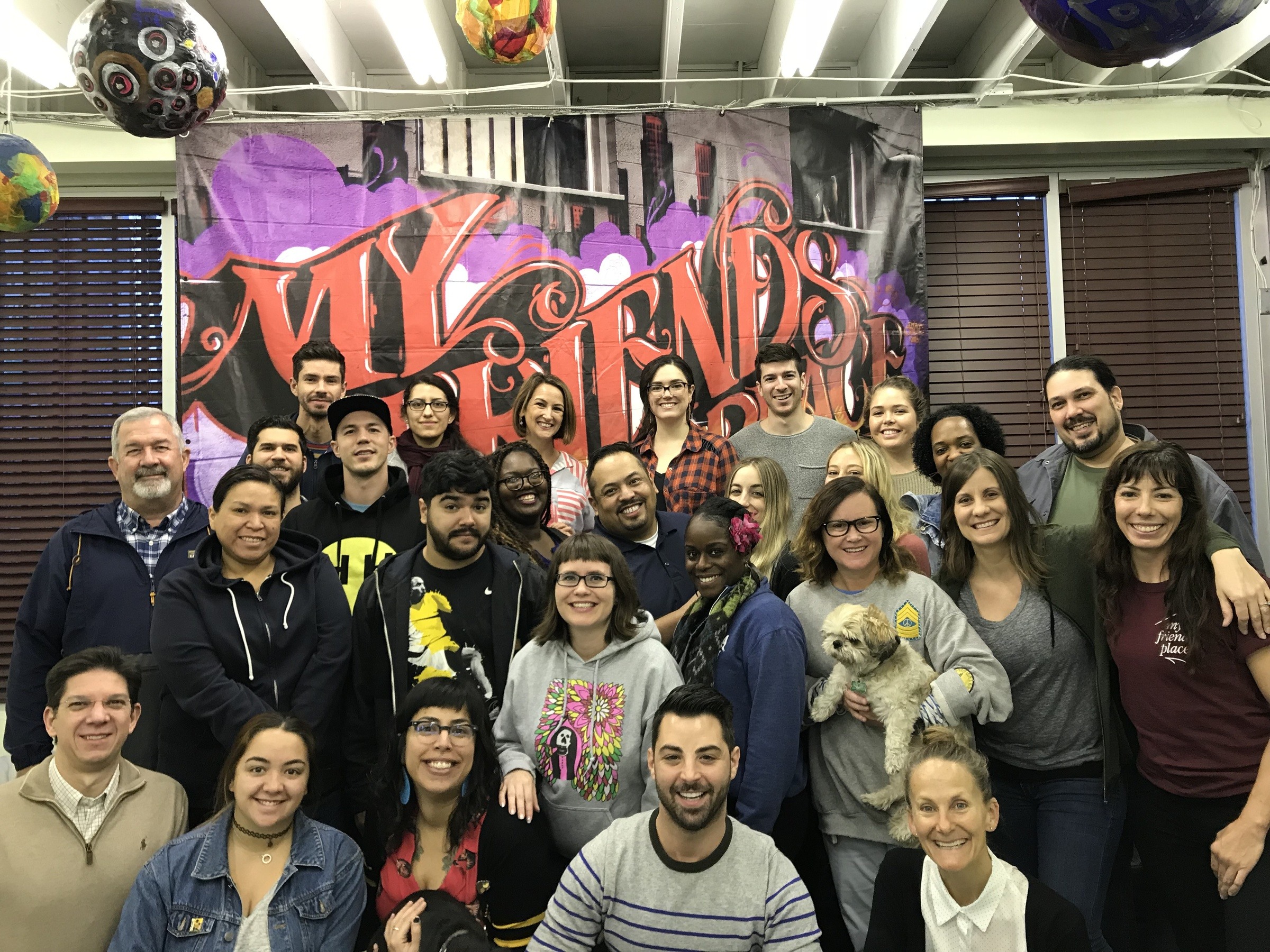
We now serve 1400 youth a year with about seventy-five to eighty coming in each day to eat, rest, shower, receive clothing and programming. We address both the immediate crisis and their long term goals and needs. Doing what any family would do for one of their children who was trying to get on their feet. We want to help these young people with their pain and find their potential of who they can be.
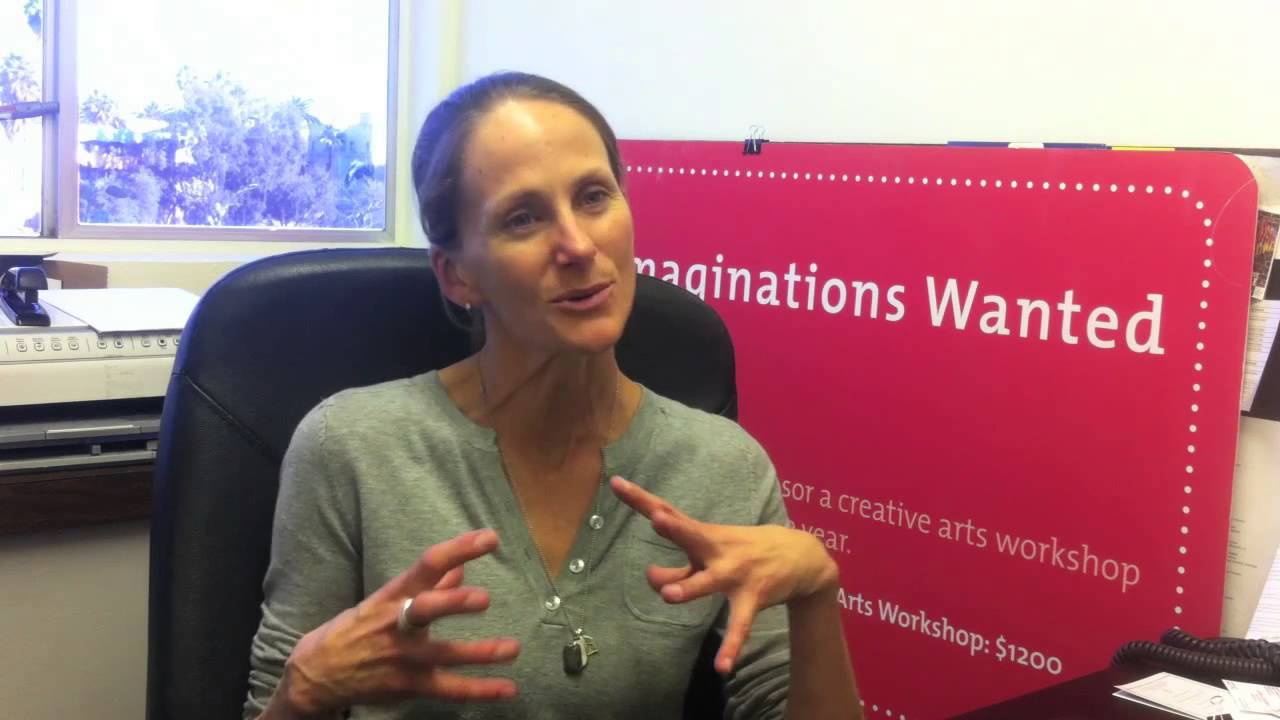
Charity Matters: How did you get involved with Mt Friend’s Place?
Heather Carmichael:I arrived at My Friend’s Place over twenty years ago, in the mid-1990s. I was working with youth runaways in San Francisco and doing a suicide assessment of programs with Children’s Hospital Los Angeles and saw first hand the work that was being done for youth homeless and how young people responded to different environments. An opportunity surfaced when Steve LePore stepped away and a Clinical Director position opened up at My Friend’s Place in 2000 and I came on board and have been here ever since. I knew that I loved the way that My Friend’s Place engaged with the young people but what I didn’t understand was that this would become a place where who I am as a human being would match my professionalism in such a deep way.
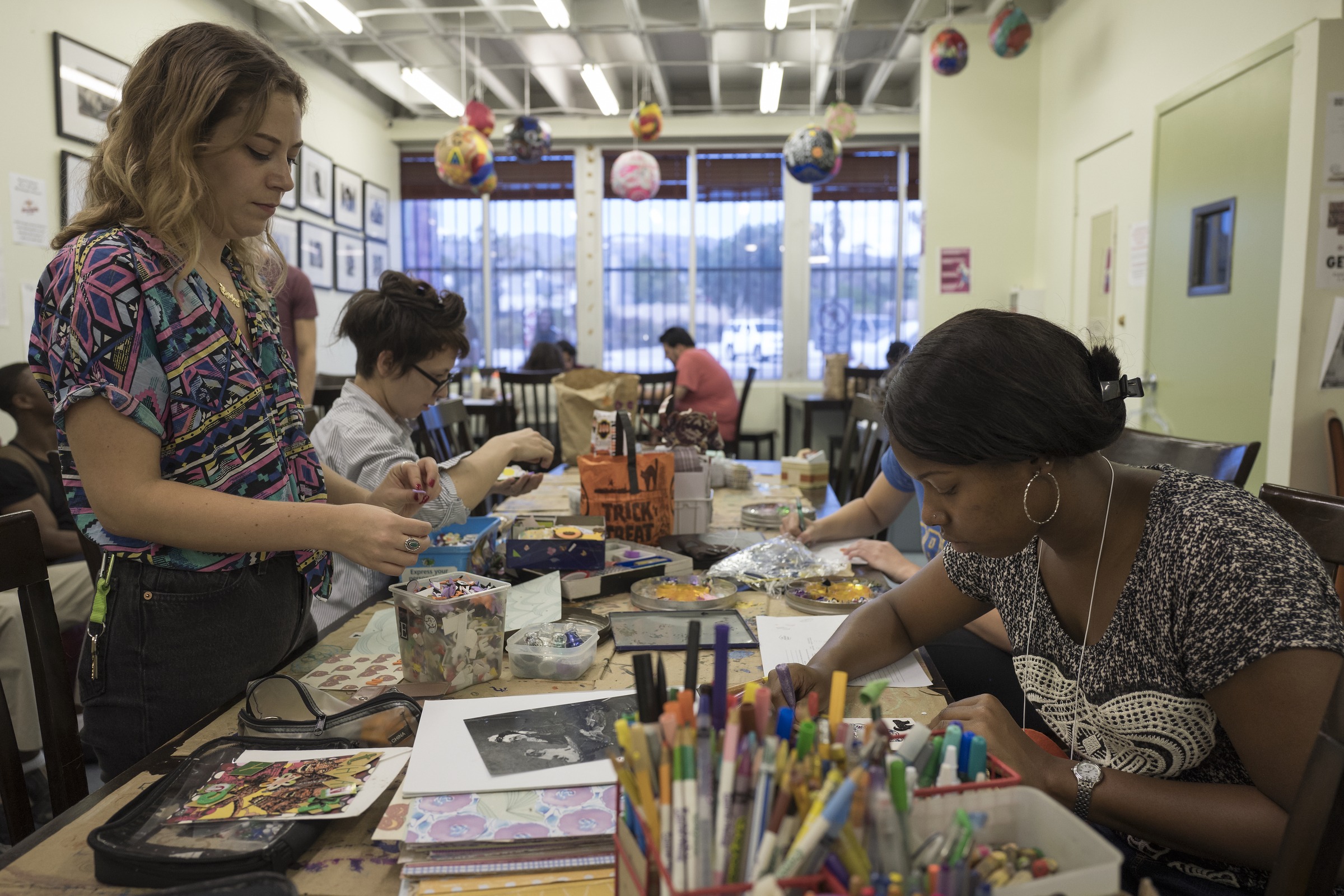
Charity Matters: What are your biggest challenges?
Heather Carmichael: There are so many. The landscape around addressing homelessness is under such dynamic change. For years, no one spoke about homelessness and now we have an epidemic crisis. Communities are overwhelmed and LA is in such pain about this. How do we continue to engage communities in meaningful ways so that we maintain momentum towards a solution?
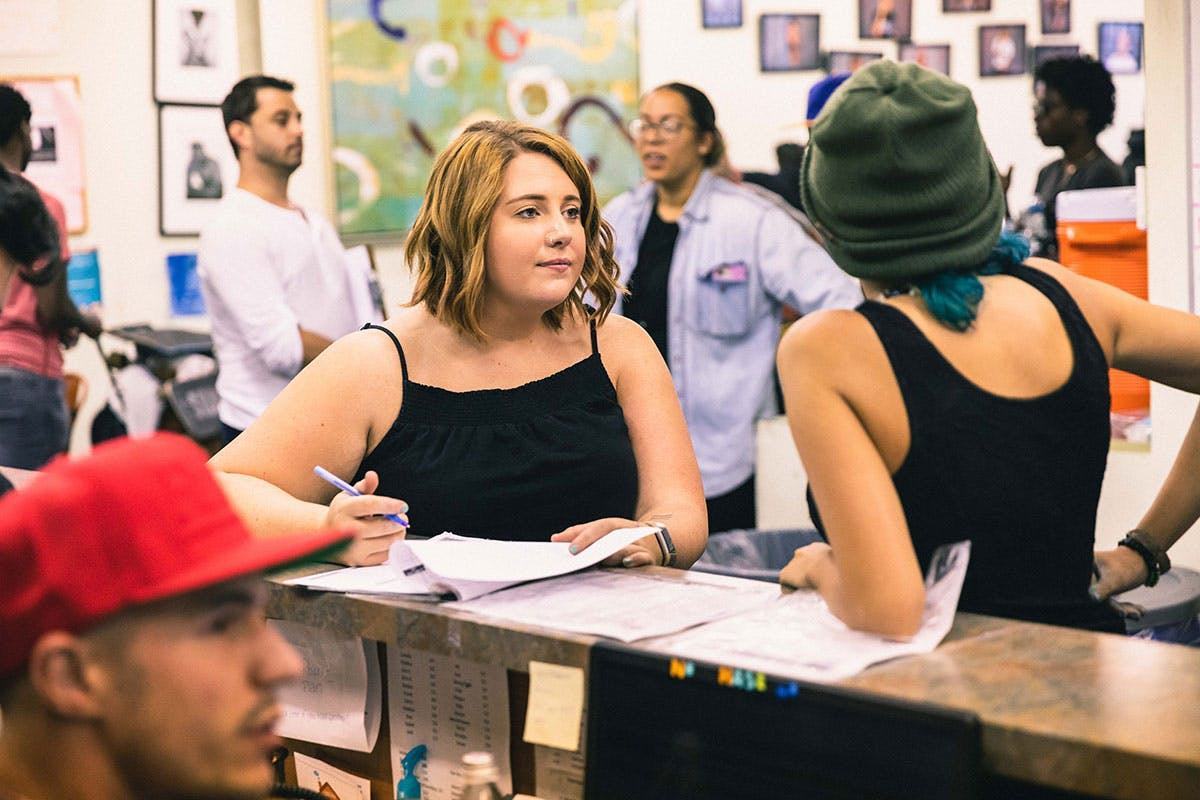
I feel very grateful to be doing the work at My Friend’s Place, where our main priority is to resolve these young people’s homelessness while continuing to create meaningful opportunities to see the impact and to feel involved. How do we scale to that in a meaningful way? A multitude of things got us here and it will take a multitude of things to fix this. We need to create meaningful opportunities to get our community and supporters involved in understanding and being a part of the solution.
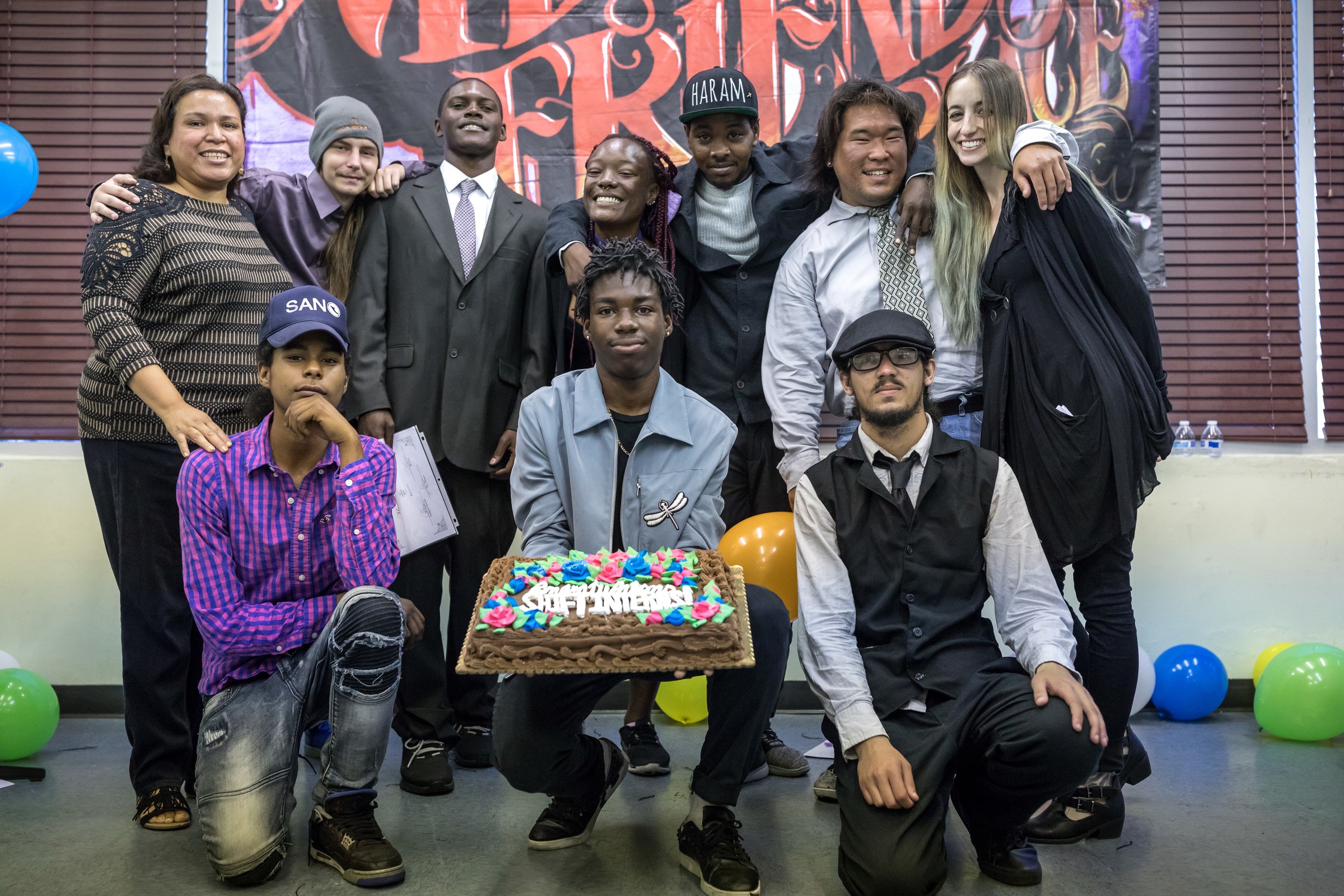
There needs to be advocacy to ensure that these young people are not lumped in with adults. How these young people entered into this horrific situation is hopefully just a moment in time and very different for each person. We have folks with jobs and young intact families but with rent increases can no longer afford a place to live, if you can re-stabilize a family like that they will probably be able to continue on with a healthy stable life. Then you have folks with mental health issues and the intervention is different than with that intact family. Then you have someone experiencing domestic violence and that intervention is different. The Foster Care kids come out ill-prepared for adulthood without family, or any community support to manage their transition into stable adulthood. There are so many issues and what is the right intervention for one person is always different. for another. We really have to be thoughtful about what is the right way to support and help these individuals for their particular crisis and not approach this only as a housing crisis.
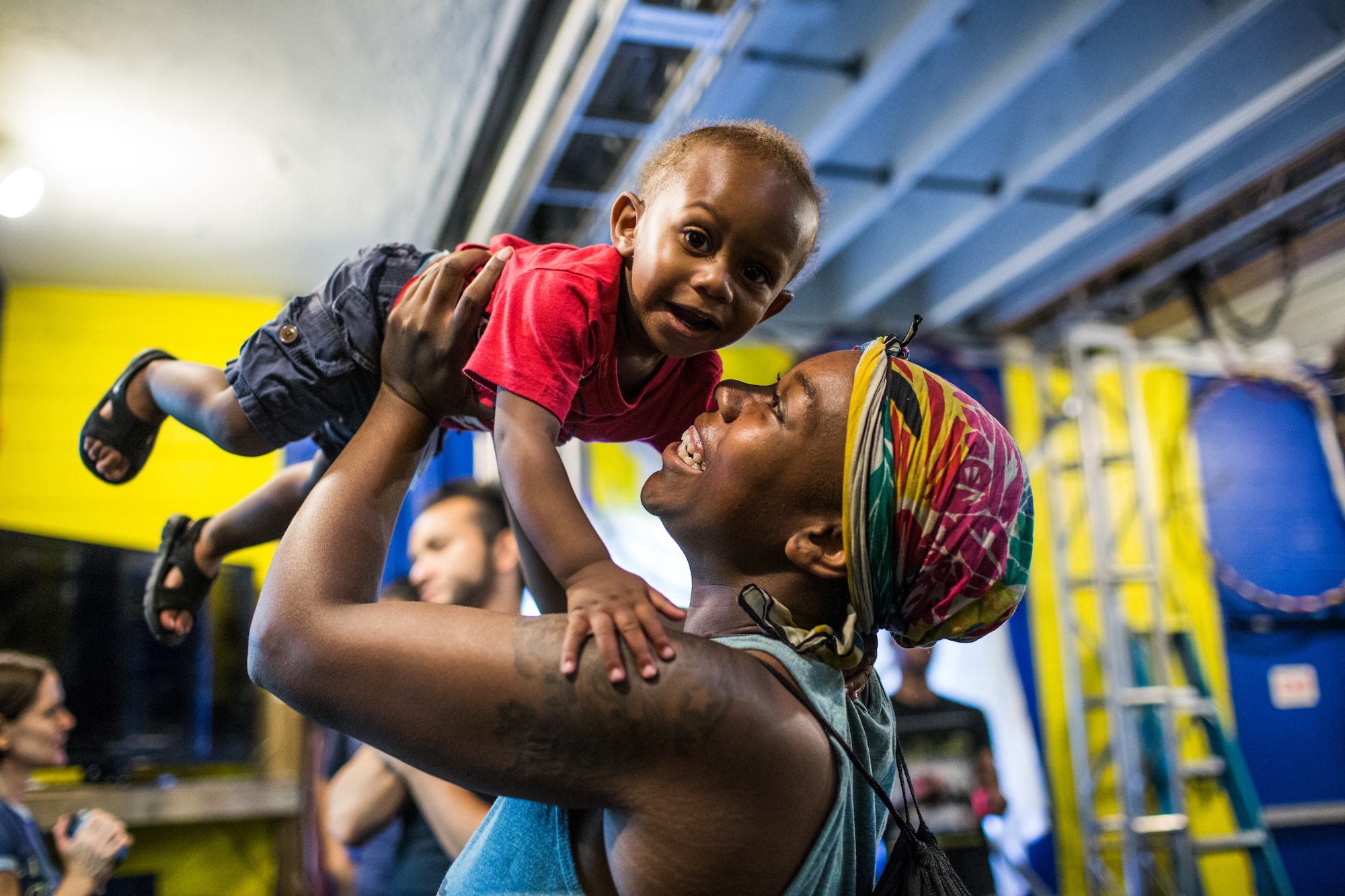
Charity Matters: What fuels you to keep doing this work?
Heather Carmichael: I think understanding that I can be a part of a community that can create connection and opportunity that can be a game-changer for one young person, a hundred or thousands…it just blows my mind. To be a part of that moment in time when a young person makes a connection. It is like watching your child take their first steps and watching that is what it feels like. The only difference is bringing the community in to watch it and to be a part of it.
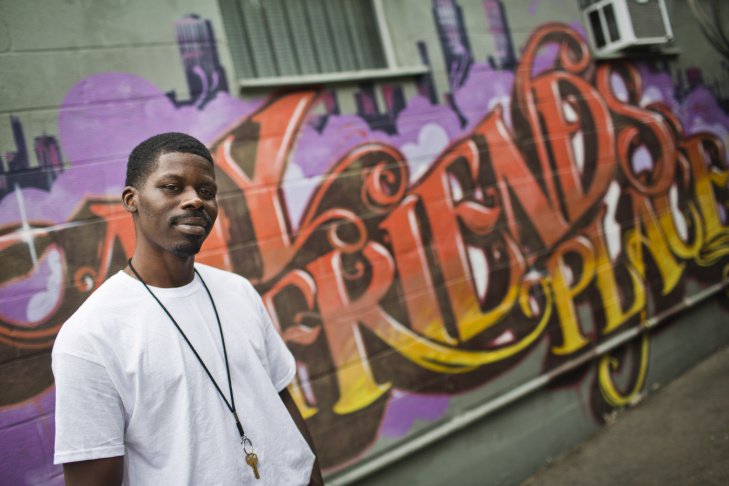
Charity Matters: When do you know you have made a difference?
Heather Carmichael: My primary interaction with our young people is my foundation for this work. I yearn for this work but now I feel that my role is to bring the community in to witness the work we are doing. Recently we had a young woman, in her early twenties, who was in great distress. To be there to witness, the vulnerability, to hold the pain and the possibility of something different. This is really about being a part of a community, keeping us connected to beholding one another. I think this is a role that both faith-based communities and nonprofits share, keeping us connected and beholding one another.
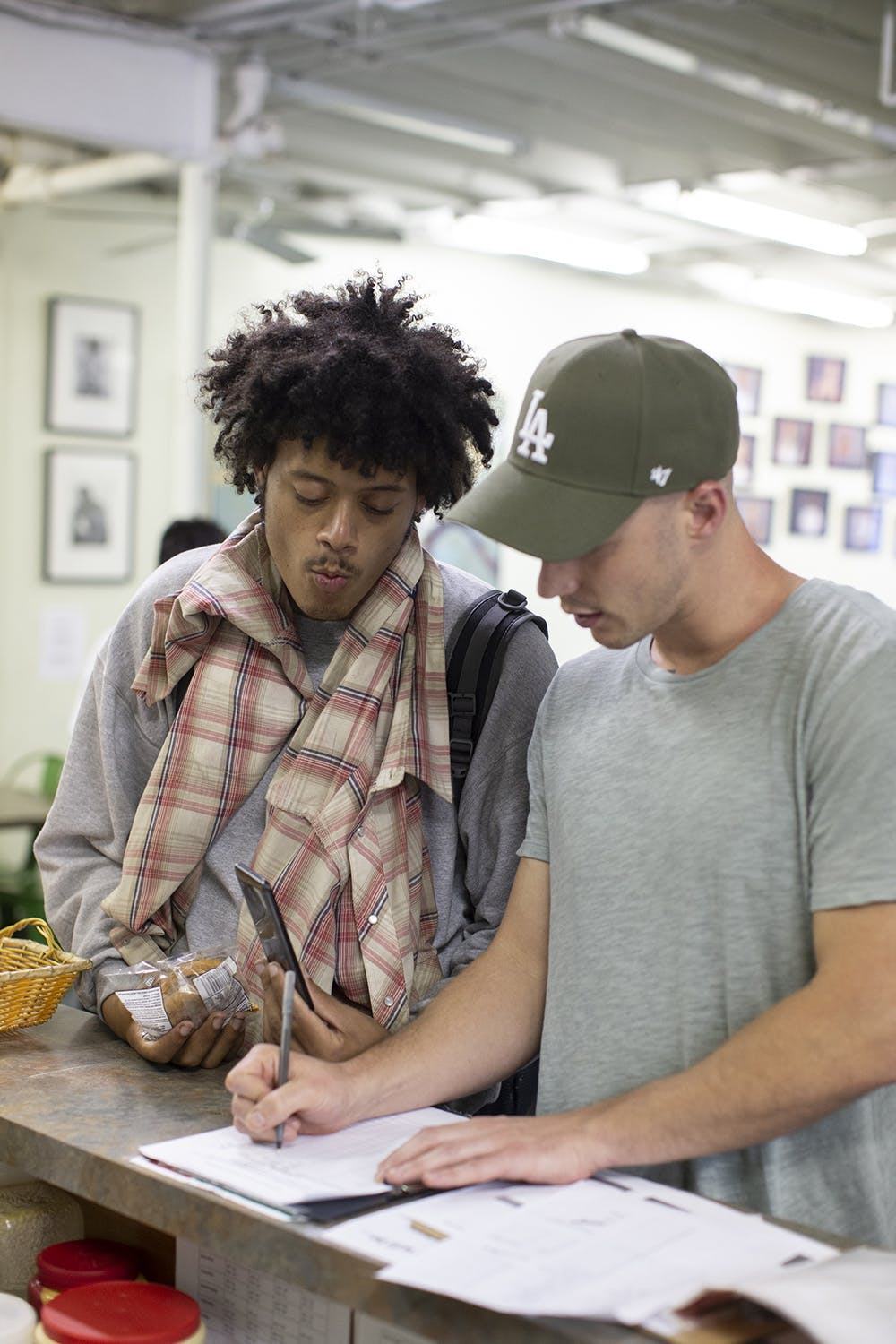
Charity Matters: Tell us what success you have had and What has your impact been?
Heather Carmichael: The 1400 youth who come to My Friend’s Place each year are impacted by feeling safe, cared for and by the opportunity to partner with us to change their lives. The thousands of people who come to be a part of a transformational community. Both are super valuable impacts. We are all the same in our desire to feel whole and to contribute. Every day we work to make the ordinary extraordinary.
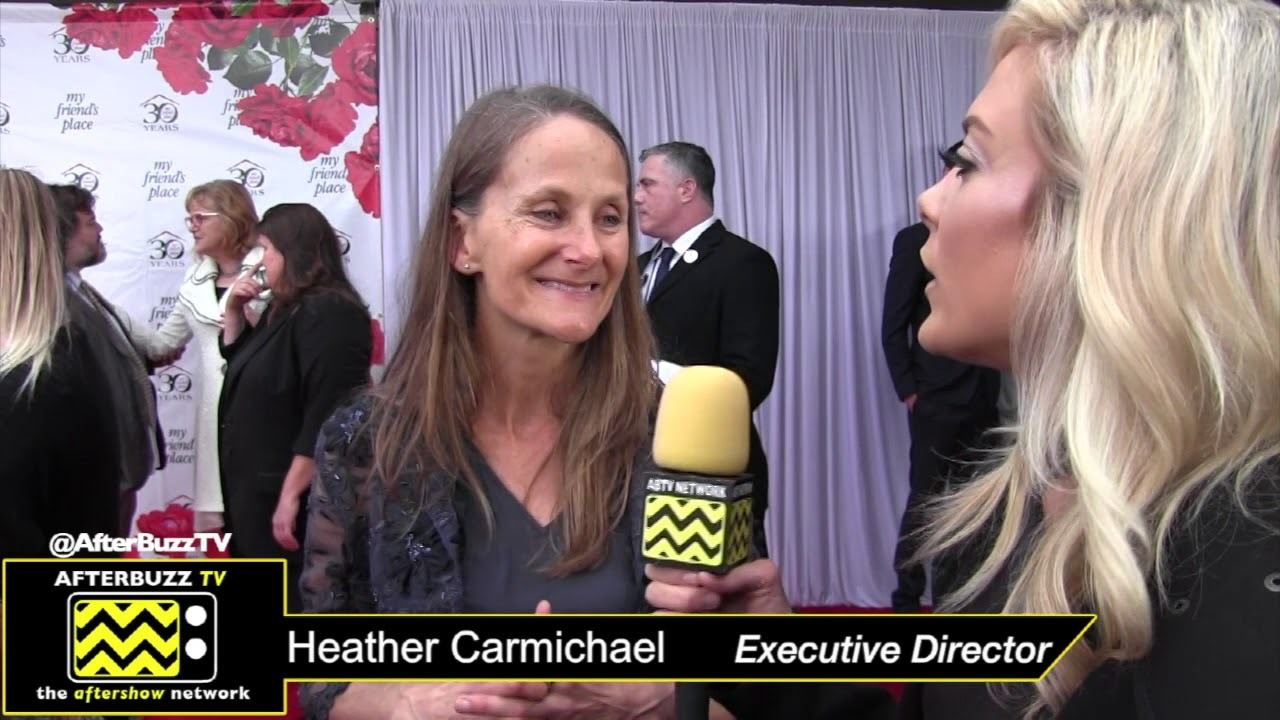
Charity Matters: What life lessons have you learned from this experience?
Heather Carmichael: I have had to challenge myself to be seen, to step on stage, to walk that carpet, that goes on the radio or television and to develop an extroverted part of myself. That being seen does not drive me but I have learned to express my love and confidence in what happens at My Friend’s Place. Our mission and our youth. fuel me but being out front does not, I want the spotlight on this mission.
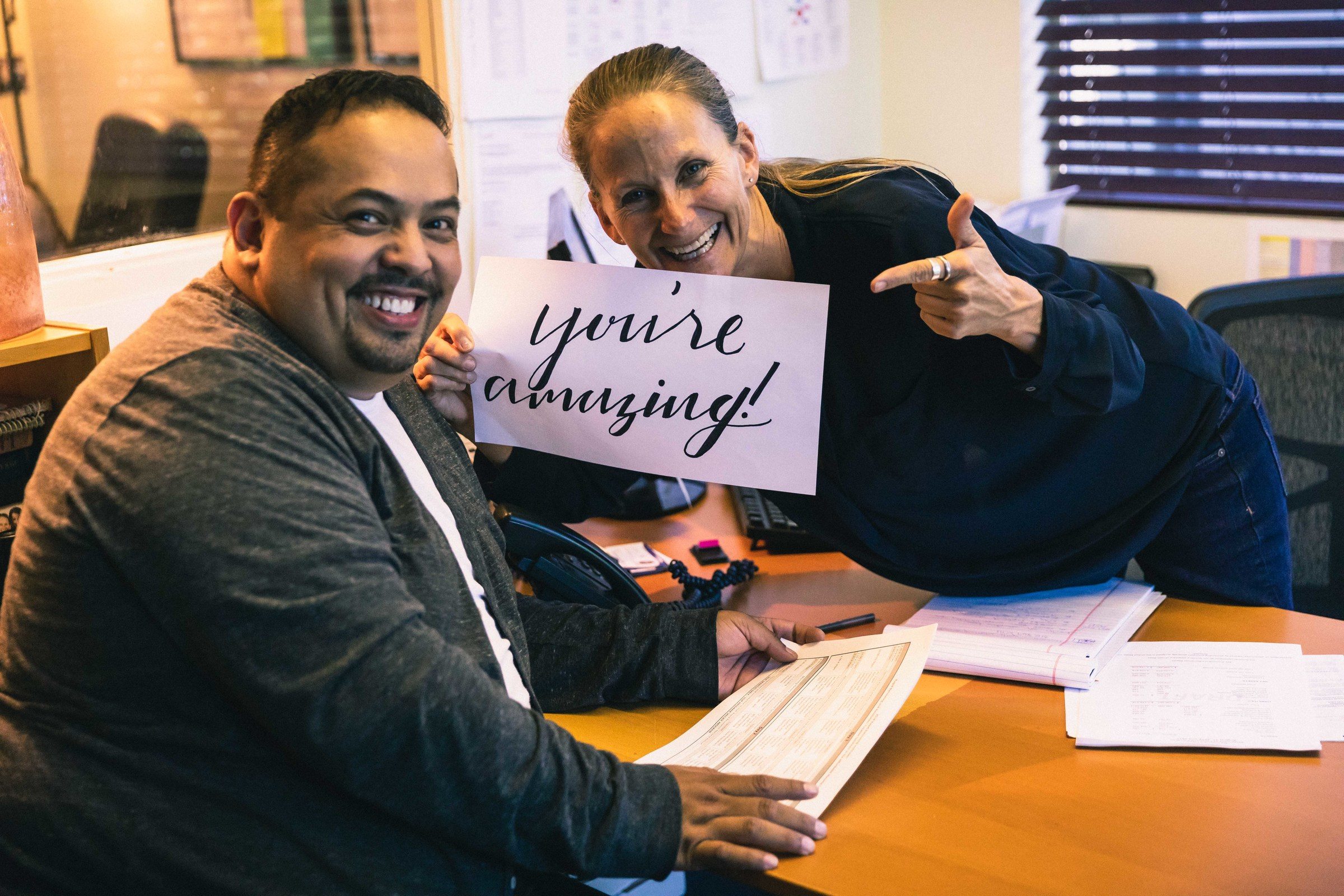
How has this journey changed you?
Heather Carmichael: I am so steeped in this work. Who I am as a person is who I am in all parts of my life. I feel very grateful to be where I am so I can be who I am. My intention was never to be the Executive Director and I stepped into this role with great hesitation but my love for these young people won.
Charity Matters: If you could dream any dream for My Friend’s Place, what would that be?
Heather Carmichael: My dream for My Friend’s Place is to be resourced in order to resource the staff and to swiftly resolve the crisis of youth homelessness. My dream for our young people is to achieve their dreams.
CHARITY MATTERS.
YOUR REFERRAL IS THE GREATEST COMPLIMENT, IF YOU ARE SO MOVED OR INSPIRED, WE WOULD LOVE YOU TO SHARE AND INSPIRE ANOTHER.
Copyright © 2020 Charity Matters. This article may not be reproduced without explicit written permission; if you are not reading this in your newsreader, the site you are viewing is illegally infringing our copyright. We would be grateful if you contact us.

